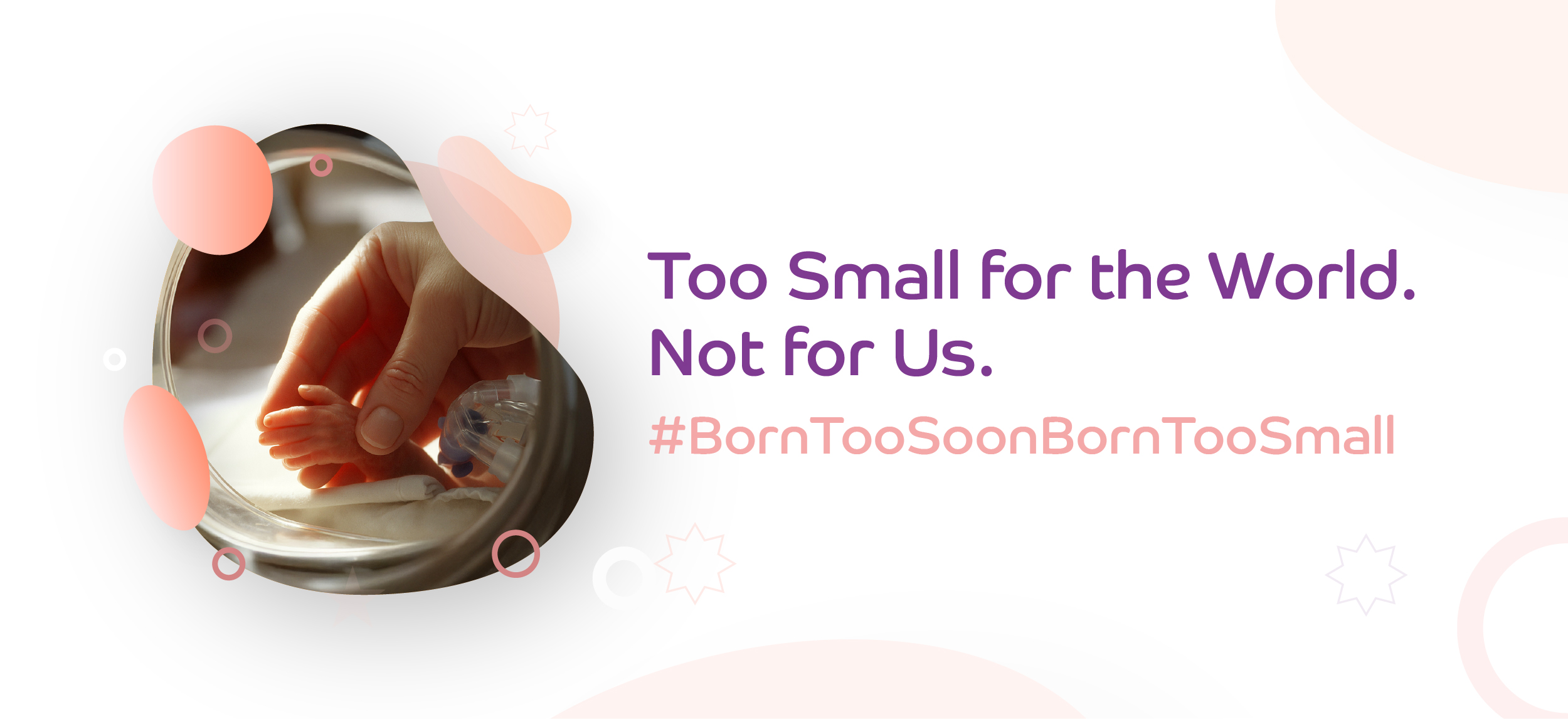Categories
Coping with Sleep Issues in Pregnancy
Jun 25, 2024
Understanding the Reasons:
There are several reasons why sleep might be elusive during pregnancy:
Hormonal Fluctuations: Rising progesterone levels can make you feel drowsy during the day and restless at night.
Increased Bathroom Needs: A growing uterus puts pressure on your bladder, leading to more frequent trips to the restroom, interrupting your sleep.
Discomfort and Body Changes: Backaches, heartburn, and difficulty finding a comfortable sleeping position can all contribute to restless nights.
Stress and Anxiety: The excitement and anxieties of pregnancy can keep your mind racing and make it difficult to fall asleep.
The Blue Light Blues: The culprit behind the sleep disruption caused by screen time is blue light. Electronic devices like phones, laptops, and TVs emit blue light, which suppresses the production of melatonin, a hormone that regulates your sleep-wake cycle. Melatonin signals to your body that it's time to wind down and prepare for sleep. When blue light exposure disrupts melatonin production, it can make it harder to fall asleep and stay asleep. Many pregnant women rely on screens for entertainment, information, and connecting with others. This can lead to increased blue light exposure compared to pre- pregnancy.
What can you do to improve sleep?
Here are some tips and tricks to help you cope with sleep issues in pregnancy and wake up feeling more refreshed.
Creating a Sleep Sanctuary:
Develop a Relaxing Bedtime Routine: Wind down in the hour before bed with calming activities like taking a warm bath, reading a book, or practicing gentle stretches.
Limit Screen Time Before Bed: Avoid using electronic devices for at least an hour before bedtime.
Dim the Lights: Dim the lights in your bedroom in the evening to create a sleep- conducive environment. Consider using amber-colored bulbs that emit less blue light.
Optimize Your Sleep Environment: Make sure your bedroom is cool, dark, and quiet. Invest in blackout curtains, a white noise machine, and comfortable pillows to create a sleep-conducive environment. Make sure that the room is well ventilated with natural cross ventilation or air conditioning.
Embrace Comfort: As your belly grows, finding a comfortable sleeping position can be a challenge. Experiment with using pregnancy pillows to support your back and belly.
Stick to a Sleep Schedule: Go to bed and wake up around the same time each day, even on weekends. This helps regulate your body's natural sleep-wake cycle.
Finding Comfort: Sleeping Positions During Pregnancy
As your belly grows, finding a comfortable sleeping position can feel like solving a puzzle. Here's why sleeping position matters in pregnancy and some tips for getting a good night's rest:
Why Position Matters:
Blood Flow: Certain positions can restrict blood flow to the baby and uterus. It's important to choose positions that optimize circulation.
Back Pain: Sleeping on your back, especially later in pregnancy, can put strain on your back and worsen backaches.
Heartburn: Sleeping flat on your back can also worsen heartburn.
The Best Sleep Position:
Experts generally recommend sleeping on your left side with a slight propped up position during pregnancy. Here's why:
Improved Blood Flow: Sleeping on your left side promotes optimal blood flow to the baby and uterus.
Reduced Back Pain: This position helps take pressure off your back and might alleviate backaches.
Improved Drainage: Sleeping on your left side might also improve drainage and reduce heartburn.
Making Left-Side Sleeping Comfortable:
Support System: Prop yourself up with pillows between your legs, behind your back, and under your belly to create a supportive and comfortable position.
Pregnancy Pillows: Consider using a full-body pregnancy pillow that cushions your entire body and promotes left-side sleeping.
Listen to Your Body: While left-side sleeping is generally recommended, it's not the only option. If you find another position more comfortable, like sleeping on your right side occasionally, listen to your body. Just avoid sleeping on your back for extended periods.
Additional Tips:
Don't Force It: If you find yourself rolling onto your back during sleep, don't worry. Just gently shift back to your left side when you wake up.
Adjust as Needed: As your belly grows, you might need to adjust your pillows and sleeping arrangements to maintain comfort.
Remember:
The goal is to find a comfortable position that allows you to get a good night's sleep. Listen to your body and experiment until you find what works best for you.
By incorporating these tips and finding a comfortable sleeping position, you can improve your sleep quality and feel more rested during pregnancy.
Lifestyle Habits for Better Sleep:
Regular Exercise: Staying active can improve your sleep quality. Aim for moderate exercise most days of the week, but avoid strenuous workouts close to bedtime.
Healthy Diet: Eating a balanced diet and limiting sugary or processed foods can promote better sleep.
Hydrate, But Not Excessively: Drinking plenty of fluids throughout the day is crucial, but avoid excessive fluids right before bedtime to minimize bathroom trips.
Limit Caffeine: Caffeine can interfere with sleep, so avoid it in the afternoon and evening.
Manage Stress: Stress can wreak havoc on your sleep. Practice relaxation techniques like deep breathing, meditation, or yoga to manage stress and promote better sleep.
Warm Showers: Taking a warm shower or bath before bed can be a relaxing ritual that helps you unwind and prepare for sleep. The warm water can also soothe sore muscles and ease discomfort.
Epsom Salt Soaks: Epsom salts contain magnesium sulfate, which some believe can promote relaxation and improve sleep. Soaking your legs in a warm bath with Epsom salts might offer some relief from aches and pains, indirectly improving sleep quality.
Leg Massage: Pregnancy can lead to leg cramps and aches. Getting a leg massage from your partner or using a handheld massager can help relax your muscles and promote better sleep.
Listen to Your Body: If you're feeling tired during the day, take a nap. Naps can help recharge your batteries and prevent exhaustion.
Don't Force Sleep: If you can't fall asleep after 20 minutes, get out of bed and do a relaxing activity until you feel tired.
Foods for Sleep:
Certain foods might be beneficial for sleep during pregnancy:
Fruits rich in melatonin: Bananas, cherries, and kiwi fruits contain melatonin, a hormone that helps regulate sleep-wake cycles.
Warm milk: A warm glass of milk before bed is a traditional sleep remedy. Milk contains tryptophan, an amino acid that converts to melatonin in the body.
Complex carbohydrates: Whole-wheat bread, brown rice, and oatmeal can help regulate blood sugar levels and promote sleepiness.
Almonds: Almonds are a good source of magnesium and healthy fats, both of which can contribute to relaxation and better sleep.
By implementing these tips and creating a sleep-supportive routine, you can improve your sleep quality during pregnancy and feel more energized to embrace this special time. Sweet dreams, mama!











